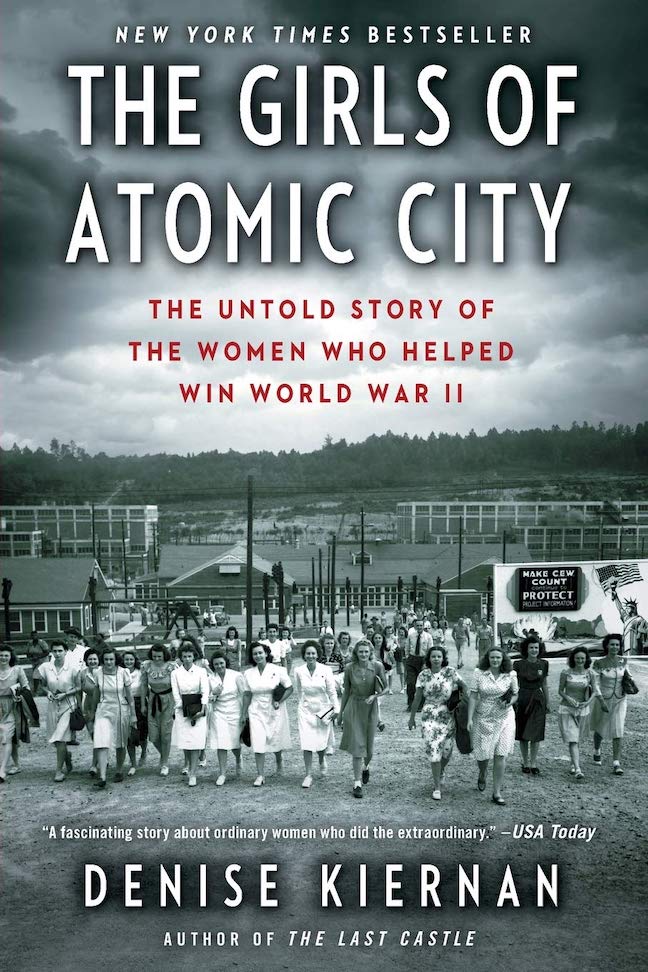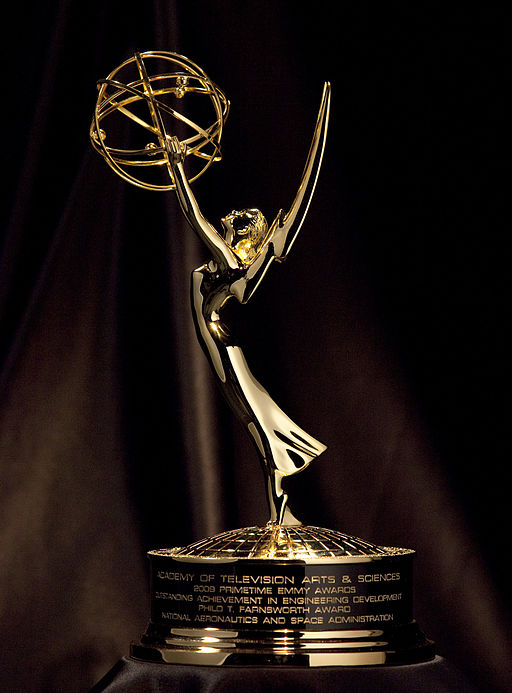Summoned to Memphis
Novelist Lauren Groff headlines the 2016 Mid-South Book Festival
Literary luminary Lauren Groff will take the stage at this year’s Mid-South Book Festival, which will draw seventy authors of fiction, nonfiction, and poetry to Playhouse on the Square in Memphis September 9-11, 2016. Groff’s most recent novel, Fates and Furies, was a National Book Award finalist and President Obama’s favorite book of 2015. Her earlier books include The Monsters of Templeton, Arcadia (based in part on The Farm in Summertown, Tennessee), and the short-story collection Delicate Edible Birds.
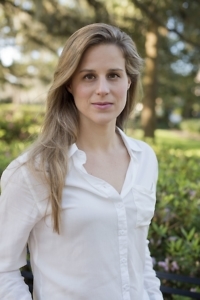
Fates and Furies unravels a twenty-four-year marriage from the perspectives of both partners: Lotto, an actor and playwright; and Mathilde, a model and art-gallery employee who becomes Lotto’s unofficial editor and personal manager. Though the marriage is the essential fact of each of their lives, Mathilde has a dramatic backstory unknown to Lotto. He doesn’t even know her real name.
Mathilde is angry—at her parents, her mother-in-law, Lotto’s best friend. In what Groff calls a “controlled burn over the course of many, many years,” Mathilde exacts revenge on them all. “I wanted to go against the literary tropes of women we’ve seen through the centuries, from Medea to, oh my gosh, basically almost every woman in (fictional) history: Anna Karenina, Emma Bovary,” Groff said in a recent phone interview with Chapter 16. “Angry women self-immolate in a lot of ways. I wanted Mathilde to go outwards.”
One source of Mathilde’s anger is her family’s belief that she was responsible, at the age of four, for the death of her one-year-old brother. In the novel it’s not clear whether her family is correct in this assumption, but Groff recalls a real-life scene that bolstered her idea that very young children have no moral sense: “I saw my three-year-old and my one-year-old walking side-by-side by a pool, and my three-year-old just looked at his brother and pushed him in, knowing full well that the one-year-old cannot swim and it’s a very bad thing to do.”
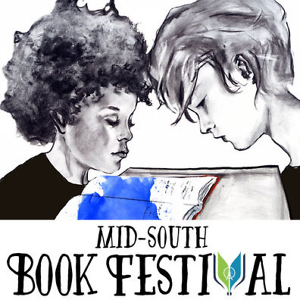 Fates and Furies is dedicated to Groff’s husband, Clay, whom she met when both were students at Amherst College. At the first sight of him, she writes in the book’s acknowledgments, “I turned, stunned, to my friend and said I’d marry him, even though I didn’t believe in marriage.” This resistance to the institution of marriage, she said, “comes out of a great number of feminist philosophy courses that I took, but also being a human, being in the world, and understanding the history of what marriage is and the latent residual misogyny manifested in modern marriages.” But, she adds, “I am very happy in my marriage. In fact, that’s the one thing that allows me to write because my husband happens to be one of the most feminist men in the world, and he does at least fifty percent of the child-rearing, if not more.”
Fates and Furies is dedicated to Groff’s husband, Clay, whom she met when both were students at Amherst College. At the first sight of him, she writes in the book’s acknowledgments, “I turned, stunned, to my friend and said I’d marry him, even though I didn’t believe in marriage.” This resistance to the institution of marriage, she said, “comes out of a great number of feminist philosophy courses that I took, but also being a human, being in the world, and understanding the history of what marriage is and the latent residual misogyny manifested in modern marriages.” But, she adds, “I am very happy in my marriage. In fact, that’s the one thing that allows me to write because my husband happens to be one of the most feminist men in the world, and he does at least fifty percent of the child-rearing, if not more.”
This conflicting view of something so fundamental is a source of inspiration for Groff as a writer: “I find the places of darkness, the places where I can’t quite understand the two separate parts of me that seem to be contradictory. Those are where I find the most interesting stories; those are where I want to live for the five years it takes to write a novel.”
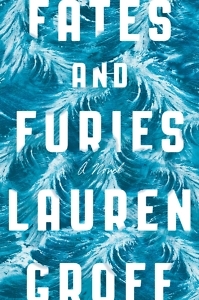 Another way she immerses herself in her work is by drafting her novels in longhand. “You are engaging your entire body when you’re writing in longhand because you’re sort of curled over the paper and smelling the paper and the ink, you’re seeing the pores in the paper. You’re sort of seeing it pass under your hands. It’s just a beautiful, almost sensual experience.”
Another way she immerses herself in her work is by drafting her novels in longhand. “You are engaging your entire body when you’re writing in longhand because you’re sort of curled over the paper and smelling the paper and the ink, you’re seeing the pores in the paper. You’re sort of seeing it pass under your hands. It’s just a beautiful, almost sensual experience.”
In addition to Groff’s appearance, the Mid-South Book Festival will also feature a conversation with Greg Sestero, whose memoir, The Disaster Artist, is the basis for the James Franco film The Masterpiece—the book describes Sestero’s experience working on The Room, the cult favorite regularly described as the worst movie ever made. In addition, there will be a panel on middle-grade novels that includes Barry Wolverton, author of Neversink. Another panel on books about music will feature Tonya Dyson of the open-mic project The Word; Holly George-Warren, author of the Alex Chilton biography, A Man Called Destruction; Charles Hughes, author of Country Soul; and hip-hop artist Marco Pave. Other panel topics include blogging and grassroots publishing.
“This is unique to our community, to have such a big festival that’s free [and] geared just toward reading and writing,” said Knox Shelton, interim executive director of Literacy Mid-South, which organizes the festival. “It’s also about nurturing the writing community here in Memphis.”
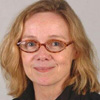
Peggy Burch was books editor at The Commercial Appeal in Memphis for ten years, and she also worked as a deputy metro editor and Arts & Entertainment editor for the newspaper. She is a graduate of the Newhouse School of Public Communications at Syracuse University and holds a master’s degree in English literature from the University of Mississippi.
